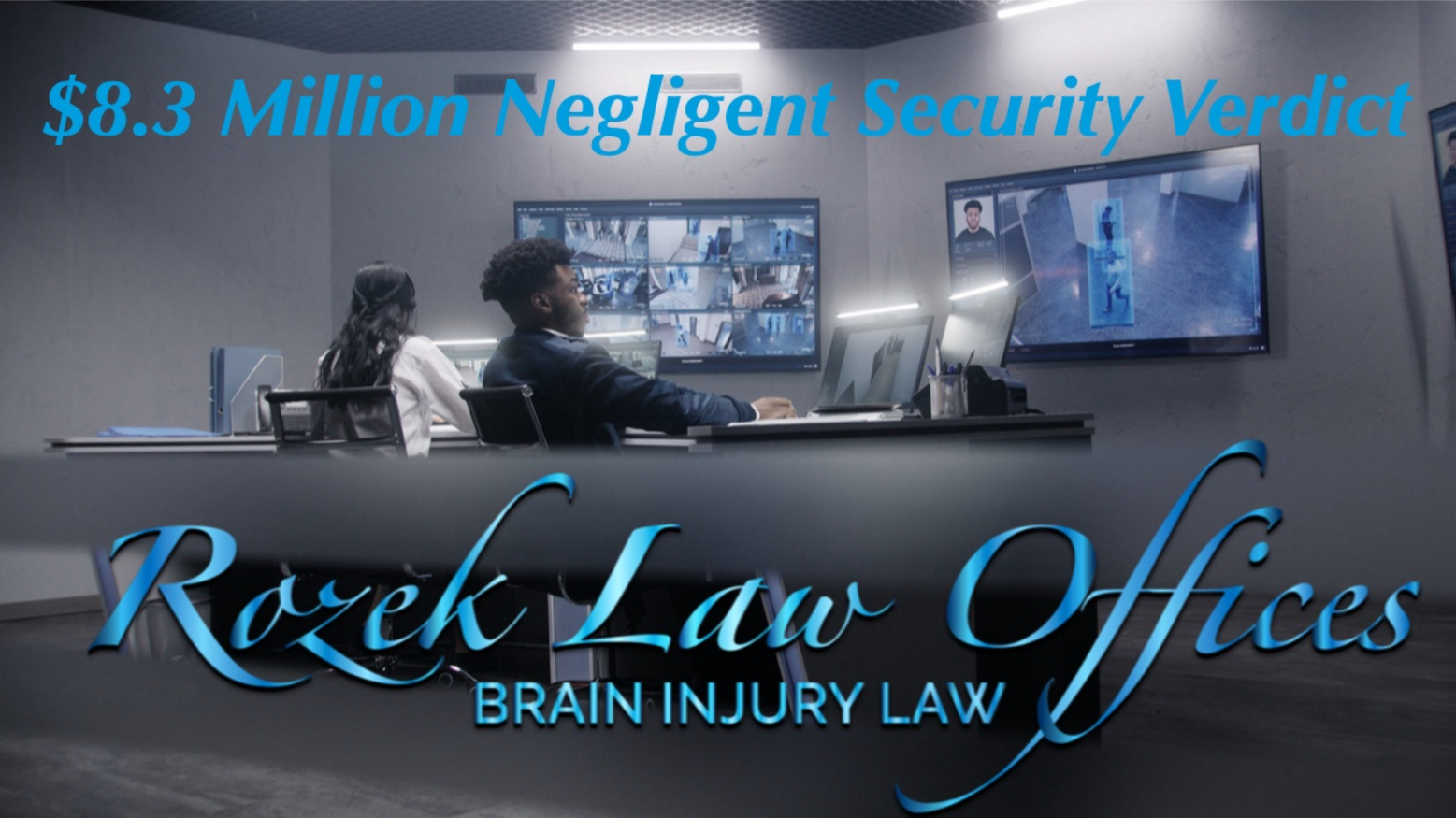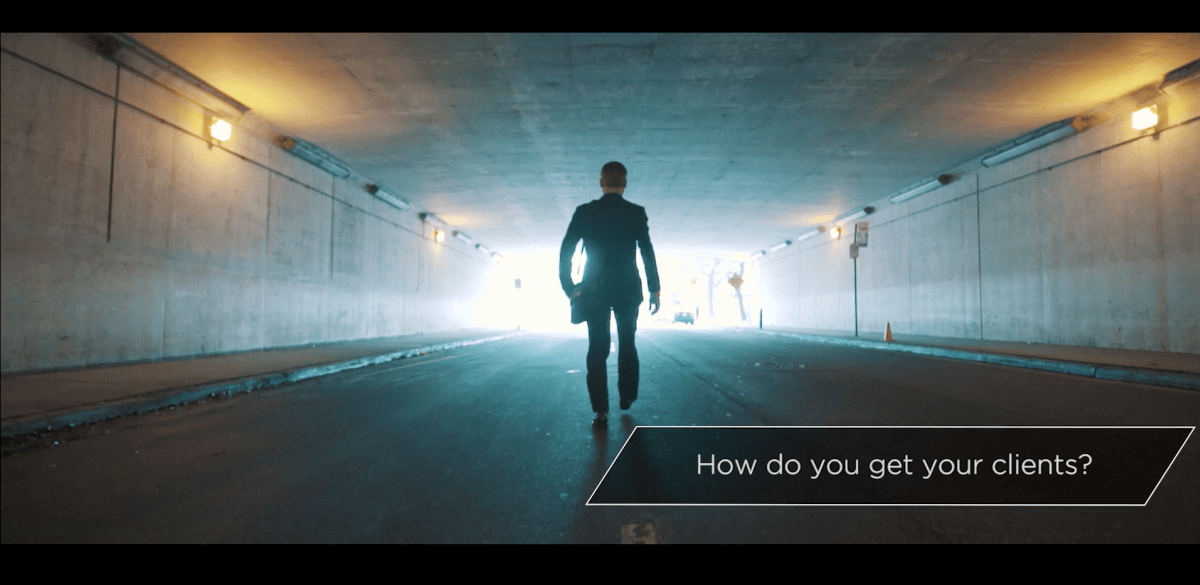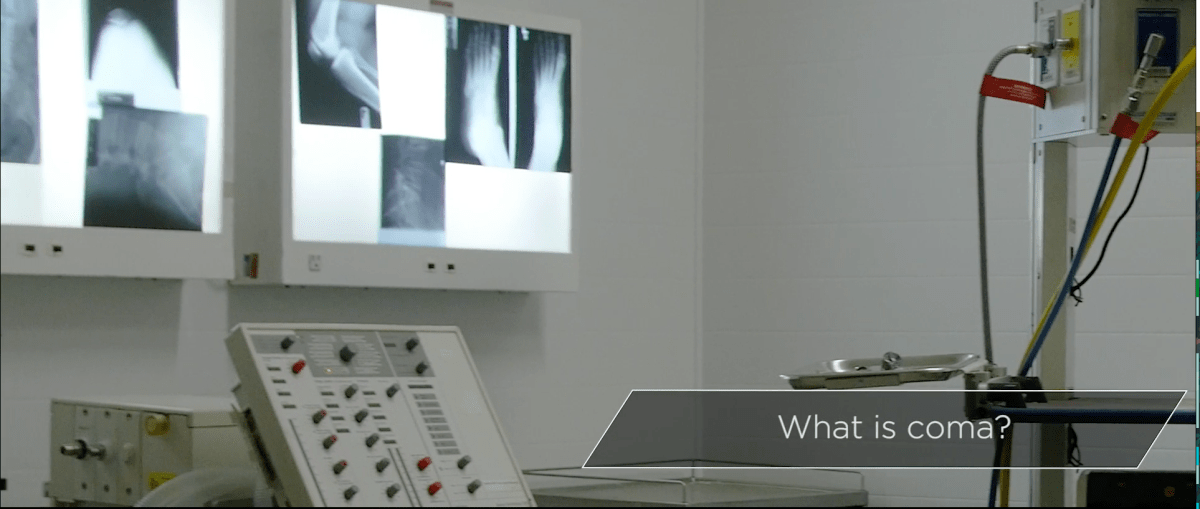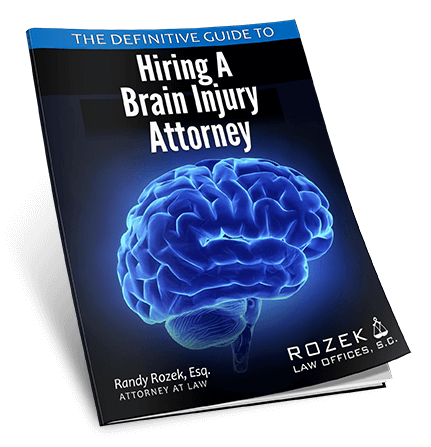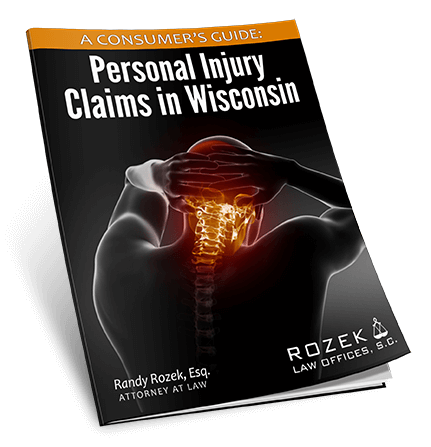By Randy Rozek
•
March 28, 2025
Semi-truck accidents can cause devastating consequences, both in terms of property damage and personal injury. In the event of a semi accident, it is crucial to act quickly and decisively to ensure the safety of all parties involved and to protect your legal rights. Knowing who to call for immediate help and legal support can make all the difference in navigating the aftermath of such a traumatic event. From contacting emergency services to seeking advice from an experienced truck accident lawyer in Wisconsin , having a team of professionals on your side can provide you with the guidance and support needed during this challenging time. This blog will explore the key steps you should take following a semi-truck accident and highlight the importance of seeking timely assistance from qualified experts to help you navigate through this complex situation. Contacting Emergency Services Immediately Call 911: If you are involved in or witness a semi-truck accident, the first step is to call emergency services by dialing 911. This will ensure that police, paramedics, and other necessary responders are dispatched to the scene promptly. Provide Details : When speaking with the dispatcher, be prepared to provide essential information such as the location of the accident, number of vehicles involved, any injuries sustained, and whether hazardous materials are present. This information helps emergency services better prepare for the situation. Stay on the Line : It's important to stay on the line with the dispatcher until help arrives so they can gather any additional details they need from you. Follow their instructions carefully and cooperate with emergency responders when they arrive at the scene. Reaching Out to a Truck Accident Attorney When you've been involved in a semi-truck accident, it's crucial to contact an attorney who specializes in truck accidents promptly. These legal professionals are knowledgeable in handling cases involving commercial trucks and can provide you with the necessary guidance and support during this challenging time. Immediate Action: Reach out to a truck accident attorney as soon as possible after the incident occurs. Time is of the essence when gathering evidence and building your case, so don't delay seeking legal assistance. Legal Expertise: A skilled truck accident attorney will have extensive experience navigating complex trucking laws and regulations. They can help you understand your rights, negotiate with insurance companies on your behalf, and ensure that you receive fair compensation for your injuries and damages. Peace of Mind: By enlisting the services of a reputable truck accident attorney, you can focus on recovering from your injuries while they handle all aspects of your case. From conducting investigations to representing you in court if necessary, having legal support can provide peace of mind during this stressful time. Notifying Your Insurance Company After a semi-truck accident, it is essential to contact your insurance company promptly. You will want to provide all relevant details about the incident, including when and where it occurred, as well as any injuries sustained, as you would when you call 911. Make sure you cooperate fully with your insurance adjuster to facilitate the claims process more efficiently. You’ll also want to be sure to stay in communication with your insurance adjuster for updates on the claim progress. Remember: Timely notification helps streamline the claims process and ensures you receive proper assistance from your insurer after a challenging situation like a semi-truck accident occurs. Seeking Support from Advocacy Organizations When dealing with the aftermath of a semi accident, it is important to seek support from advocacy organizations. These groups specialize in helping victims of accidents navigate the legal and financial complexities that often arise. They can provide valuable resources and guidance during this challenging time. Legal Assistance: Advocacy organizations can connect you with experienced attorneys who understand the intricacies of semi-truck accidents. These legal experts can help you pursue compensation for medical bills, lost wages, and other damages resulting from the accident. Emotional Support: Coping with the trauma of a semi accident can be overwhelming. Advocacy organizations offer emotional support services to help you and your loved ones navigate the emotional toll of such an event. Don't hesitate to reach out for help during this difficult time. Financial Aid: In addition to legal and emotional support, advocacy organizations may also provide financial assistance to those affected by semi accidents. Whether it's covering medical expenses or helping with living costs while you recover, these organizations are there to lend a helping hand when you need it most. Call Rozek Law Offices if You’ve Been Involved in a Semi Truck Accident For almost 30 years, Attorney Randy Rozek has been representing victims of serious, life-changing injuries including those caused by carbon monoxide poisoning. Routinely asked to speak to lawyers around the country in his primary areas of practice, which include representing victims of traumatic brain injuries and brain damage due to carbon monoxide poisoning, Randy has extensive experience representing victims throughout the United States. It is because of this vast experience; Randy often gets called in to co-counsel cases from around the country by attorneys with less experience handling these types of cases. If you are in need of a truck accident lawyer to represent you in your case, contact Rozek Law Offices by calling 414-374-4444. Rozek Law Offices, S.C. 3970 N Oakland Ave Ste 604 Milwaukee, Wisconsin 53211 (414) 374-4444 https://www.rozeklaw.com/


